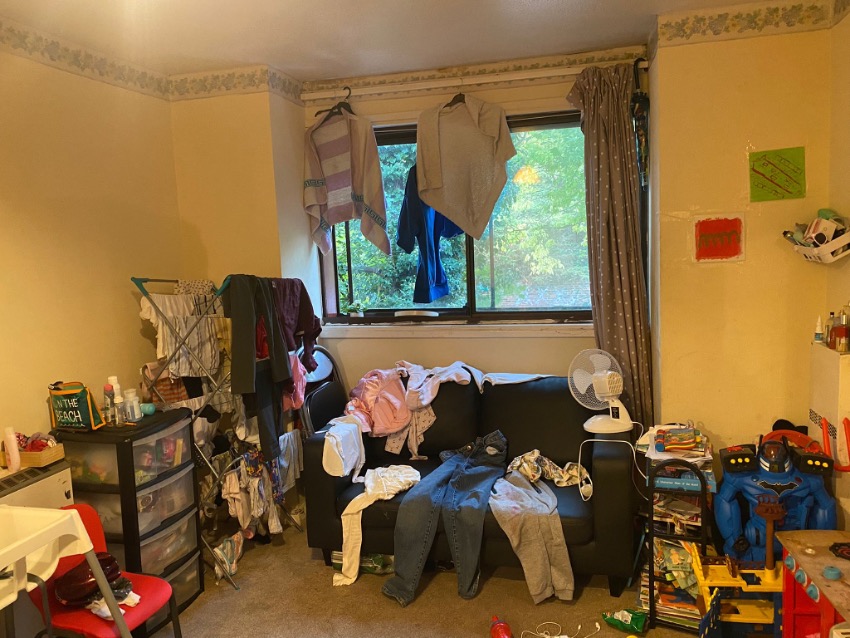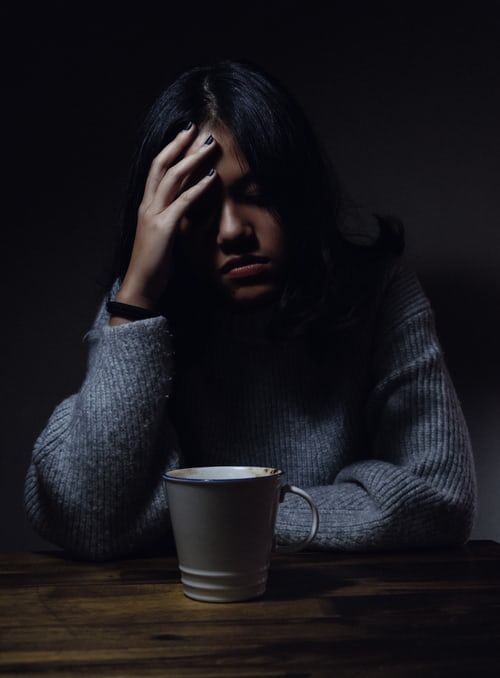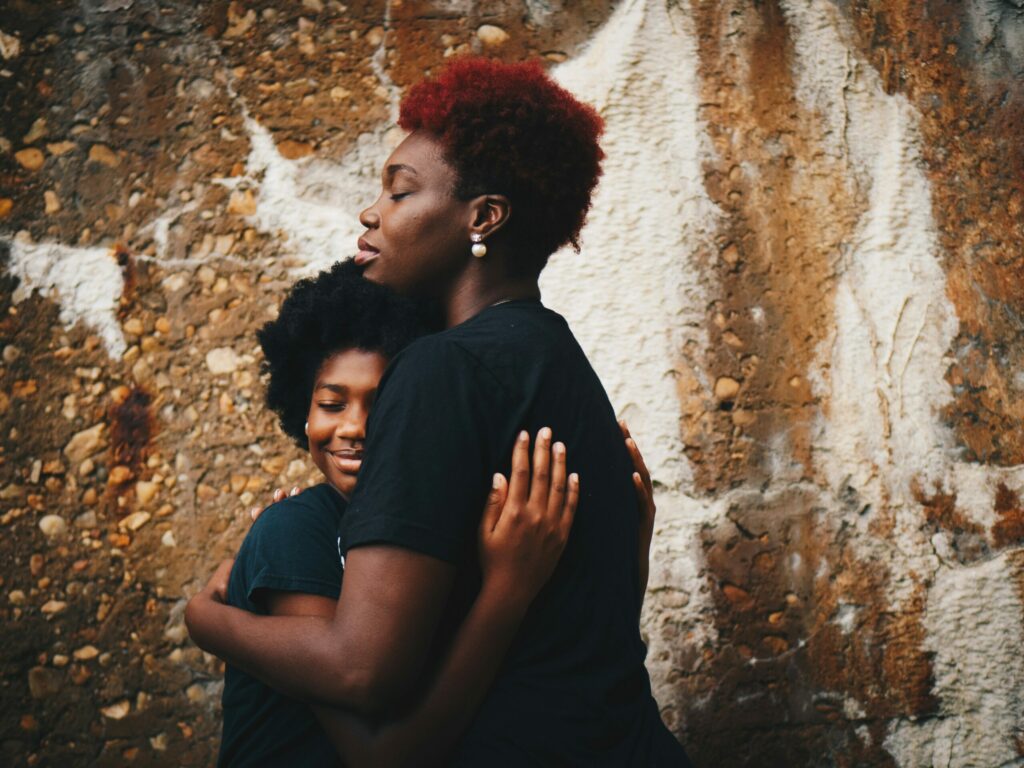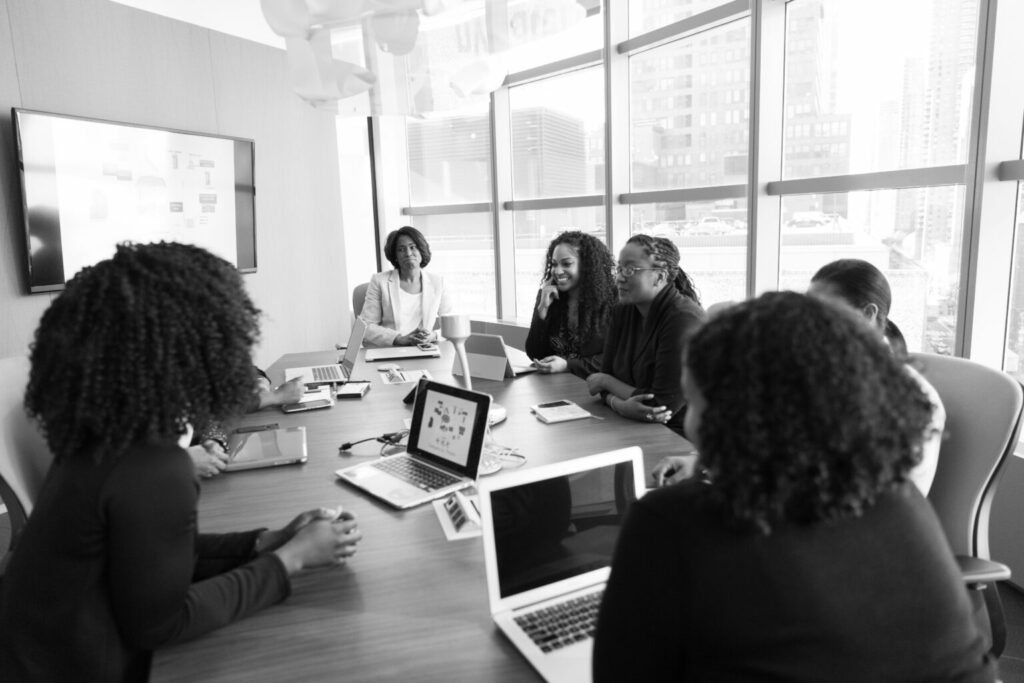Mothers seeking asylum face the worst experiences in providing for their children during the cost-of-living crisis. Thanks to some grassroots organisations, they are taking a breath in a system created to suffocate.
by Juliana da Penha
Photo by Andrae Ricketts @Unsplash
It is unlikely you will not be surprised by the increase in the prices, especially in basic needs such as food. Official figures in the UK demonstrate that the annual inflation rate reached 11.1% in October 2022 and prices had risen at a rapid pace.
The Covid-19 pandemic, followed by Brexit and the Russia-Ukraine war, negatively impacted the economy. Many sectors face the effects. The mental health impact on individuals is enormous, particularly the ones with limited financial resilience. People are having to make tough decisions, living in debt and suffering.
In the UK, the estimated monthly cost for a family of four is £2406 without rent. Can you imagine the same family living with £8 a week per person, £32 a week, during the cost-of-living crisis?

“Honestly, as a mother, this is the most difficult part of being here and facing this situation. This support is not enough.”, said *Lucia, a mother of two boys; three years old and a one-and-a-half-year-old. Lucia is an asylum seeker mother from El Salvador.
“Everything is so expensive. My husband and I don’t buy anything for ourselves. We eat the food they give here (in the hotel) or maintain ourselves with milk, cereals, or bread. This is all we eat. We try to give them (children) something different that provides them nutritional value”.
Lucia arrived in England around a year ago with her husband to find safety for her children but is experiencing one of the most challenging moments of her life. “It’s sad. Sometimes you feel you are the worst mother in the world.”
“Sometimes your children are crying hungry, and you don’t have what to give to them.”
Lucia
Lucia uses all the money the family receive from Home Office, £32 per week, to buy some fruits and ready-to-eat food for her children so they will not rely only on the frozen food provided by the hotel and have more nutrients.
While describing her situation, Lucia was in tears “Sometimes your children are crying hungry, and you don’t have what to give to them.”
Grassroots organisations give some relief to asylum-seeker mothers during the cost-of-living crisis.
“It’s an incredibly tough system for people to navigate, and I don’t think this is new to anyone who has had any experience in supporting someone through that process. It’s designed to be in that way.”, said Maree Aldam, Chief Executive Officer of Amma Birth Companions.

Amma Birth Companions is a Glasgow-based charity created to support women and birthing people in vulnerable situations. They provide support and companionship during pregnancy, birth and postnatal period and develop various projects to help women in need during this critical moment of their lives.
Amma has a team of staff and volunteers and delivers doula training to volunteers tailored to the needs of the women they support. One of the areas they are increasing their work is research and advocacy.
“There are disparities in care that we can see first-hand, and these are something we are researching. Our advocacy work is increasing because we want to make sure we are not only providing individual support but also influencing and promoting changes in the system.”, said Maree.
“It’s fair to say that they are absolutely on the ‘sharp end’ of the cost-of-living crisis, which many people in the UK are experiencing right now.”
Maree Aldam
Maree informed that around 80% of women Amma Birth Companions supports are in the asylum system. “It’s fair to say that they are absolutely at the ‘sharp end’ of the cost-of-living crisis, which many people in the UK are experiencing right now.”, explained Maree.
The insufficient support available for expectant women and mothers during the asylum process.
There is no mainstream financial support available for mothers such as Child Benefits during the asylum process. The Home Office provide £ 3 per week as extra money for pregnant women and mothers with children under 3.
Asylum seeker women need a certificate provided by the midwife on the 20th week, halfway through pregnancy, to have that additional weekly support available. Still, there is a whole process around it.

There is support available at the 32 weeks of pregnancy, a one-off grant of £300 intended to cover the period until the child is eligible for their own asylum support.
“But we see lengthy delays in that frequently, sometimes weeks and even months for people accessing that grant.”, explained Maree. “There is a whole process to request that grant, it doesn’t happen automatically”.
If women have been refused asylum, they can apply for a one-off £250 maternity payment if the baby is due in 8 weeks or less, or if the baby is under 6 weeks old.
In Scotland, they are entitled to the NHS Baby box, but it is also a process, and Amma supports women applying for that.
“It’s obvious to say that is not enough to live.”
Maree Aldam
The money asylum seekers receive also depends on the accommodation they are placed in. Those living in flats or houses receive as little as £5.83 per day to live. Those housed in hotels, such as Lucia, receive a weekly allowance of £8 per week.
The Home Office increased from £39.63 to £40.85 a week – a £1.22 difference in Section 4, the housing and financial support available for a person who claimed asylum and were unsuccessful. This support is provided by a pre-paid card. As asylum seekers are prevented from working, living only with this money, they are placed below the poverty line.
“It’s obvious to say that is not enough to live. Particularly who don’t have kitchen and cooking facilities, don’t have the means to look at meal planning, and people in hotel accommodation don’t have it.”, said Maree.

“We are seeing pregnant mothers in a situation where they can’t nourish themselves. They are breastfeeding, new babies, and they cannot afford the healthy food they need to nourish themselves. It’s not enough to leave on, and the situation they are in is not conducive to keeping them healthy during that process.”
While waiting for her asylum claim, Lucia faces poverty, living in accommodations unsuitable for families with children. She also confronts other issues, such as language barriers and lack of childcare support, preventing her from attending language lessons. On top of all the problems, her family faces systemic discrimination. All these problems are creating a massive impact on her health.
“I lost all my calcium. I am doing some exams because I have suspected arthritis that I believe is because of it. My hair is falling out, I have parts of my head without hair, and I have inflammation in my hands.”, said Lucia.
Lucia’s children are also facing health issues. “All the time, my child is sick with a cold and fever. I never could cook something nutritious for him. He never had a diet according to his age, and he is one year and a half. His teeth were not coming out. The doctor said it is maybe because he didn’t have chewing stimulation, so his small brain thinks he doesn’t need the teeth.”
“All the time, my child is sick with a cold and fever. I never could cook something nutritious for him. He never had a diet according to his age, and he is one year and a half.”
Lucia
The Human Rights framework
The Article 25 of the Universal Declaration on Human Rights states that everyone has the right to a standard of living adequate for the health and well-being of them and their family, including food, clothing, housing, medical care and necessary social services. It goes on to state that:
“Motherhood and childhood are entitled to special care and assistance. All children, whether born in or out of wedlock, shall enjoy the same social protection”.
However, asylum-seeker women and children see their fundamental rights neglected, particularly during the cost-of-living crisis. Lucia and her family, especially her children, are going through that.
“Another day, we saw an image of Santa Claus, and I asked my older son what he would ask Santa because in our country, we have this tradition, and he said: “I would ask a tasty food”.
*The name was changed for safety reasons.
Juliana da Penha is the founder and editor of Migrant Women Press


